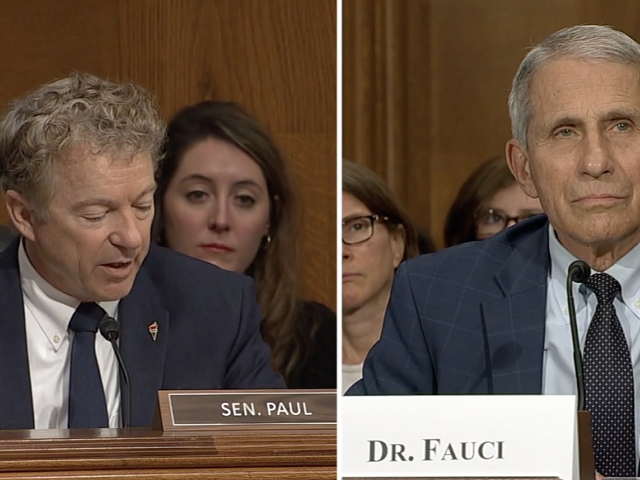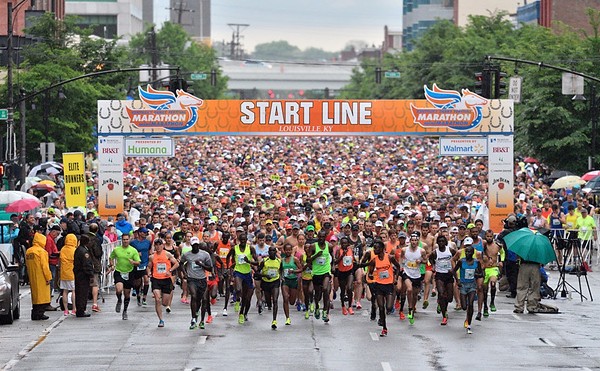Last month The Atlantic ran a piece called “How to Save Democracy.” This was just one of hundreds of similar articles from the past two years, all of them variations on one central question: How do we make things “normal” again? To the extent that these pieces are prescriptive at all, they mostly prescribe simplistic-but-radical changes in the way we do everything. End gerrymandering! Stop the spread of disinformation! Learn to get along with the fascists who want to erase you! In other articles, the rescue measures are egregiously oversold. Call your representatives! Check your voter registration status! Plant a tree!
Those pieces do not answer the original question. That’s because there is no answer.
This is not solely a commentary on the current state of electoral politics. I’m writing this column the weekend before Election Day, and I don’t know if Democrats held onto the House or the Senate, or who won the Governor’s races, or the Secretary of State races that will determine the short-term future of fair elections. I won’t know until after this issue goes to press. It’s not quite right to say “I don’t care” about the outcome of the midterms (in fact I do care very much). What I mean is: The democracy cookie is crumbling, and it is unlikely that we can halt the process.
Let’s think this through. Even if Democrats had a clean sweep this year, they’ll become an easy punching bag for the GOP. If they can’t head off the appeal of right-wing populism by mending the wealth gap (spoiler: they can’t), they lose the presidency in 2024. But let’s say the Dems fix everything in the next two years — they pass a Green New Deal and Medicare for All, increase the minimum wage, wipe out student debt, the whole progressive package. The courts will erase all of it, even as they enable red-state legislatures to do whatever they like. And Republicans will still take the White House by consensus, judicial fiat, insurrection or otherwise.
In short, antidemocratic forces are poised to get their way for the foreseeable future, and at this point there isn’t much we can do about it. Scholars and well-informed pundits have been saying as much for years. We stood agog, watching the comet destined to strike America hurtle millions of miles through space, and now it’s finally close enough to touch.
It’s strange, then, that of all the energy expended by thinkpiece writers on how they’d like to quantum leap back to the safe-and-sane 1990s, almost no ink has been devoted to what is surely a more important question by now: What are we doing to prepare for the inevitable death of American democracy?
Maybe that’s because it’s so hard to see what The Empire looks like after it burns. Lots of bad things are probably going to happen, but it is not inevitable that we will end up in a totalitarian hellworld, our every emoji monitored by morality bots, an fMRI machine installed in our heads to detect dissent, our neighborhoods separated by razor wire. This is not your grandparents’ fascism, after all. Examination of our most powerful conservatives reveals a cabal of barely functioning failsons whose mothers never hugged them. These people do not care about governance. They seem barely cognizant of the existence of other humans at all. There is no coordinated master plan to wipe out one race or another, no grand ideology which might be said to drive the whole thing. So far it’s mostly a directionless cash grab at the expense of the ill-defined enemies of the hour. The engineers of democracy’s end will loot and pillage what they can, leaving the rest of us to fight for what’s left.
Assuming that the artifices of the state collapse, how long do we need to mourn? “Normal,” for us Xers and Millennials wasn’t all that pretty. An orderly, coordinated America started hundreds of wars, installed dictators, imprisoned millions, erected torture chambers, poisoned waterways, segregated, overcharged, displaced, bulldozed, killed and killed and killed some more. We could do without all that.
Consider, too, that there have always been humans without governance, without hierarchy, without leadership of any kind. This mode of living is not confined to early hunter-gatherer societies, but has been a lived reality for people all over the world at various times, and remains so today. Historian Peter Marshall writes, “In Africa, most people have managed their lives communally outside or despite their corrupt and dictatorial governments.” All of Catalonia was run by syndicates of workers for a few years in the 1930s. During an economic crisis in 2001, Argentinian activists set up their own trade systems. And in Chiapas state, indigenous activists kicked out the Mexican army in the 1990s so that they could do what the government wouldn’t: Provide clean water, pave roads, and build working hospitals and schools. The army never came back.
Philosopher Colin Ward wrote: “A society which organizes itself without authority, is always in existence, like a seed beneath the snow, buried under the weight of the state and its bureaucracy, capitalism and its waste, privilege and its injustices, nationalism and suicidal loyalties, religious differences with their superstitious separatism.” People on every continent still prepare meals, read to their children and dance at weddings without thinking too much about who is running things, or whether things are being run at all. Maybe we’ll be alright on our own. Maybe even better off.
Still the question remains: How are we preparing for the end? How can we, when there are so many unknowns? Should we pack all of our things into knapsacks and find a new place to call home? Should we fortify our houses to keep them safe from marauders, duct-taping pots and pans to the windows? Stockpile rifles and canned beans? Build catapults to fight off the drones? Should we buy up medical textbooks and loot imaging devices so that we can play doctor to our aging parents? Should we disappear into our screens, becoming Sims in a virtual world that we can make into whatever we’d like? Or should we learn to eschew weapons, computers and all other tools, wishing instead to feel the earth and grass sifting between our fingers as we plant seeds and dig for grubs?
These are difficult, unpleasant considerations. But it seems to me that we can we are better served by asking how we can consciously craft the kind of society we want in the future rather than repeatedly asking how we might salvage the old one. •
Keep Louisville interesting and support LEO Weekly by subscribing to our newsletter here. In return, you’ll receive news with an edge and the latest on where to eat, drink and hang out in Derby City.
Follow us on Facebook, Twitter and Instagram.






